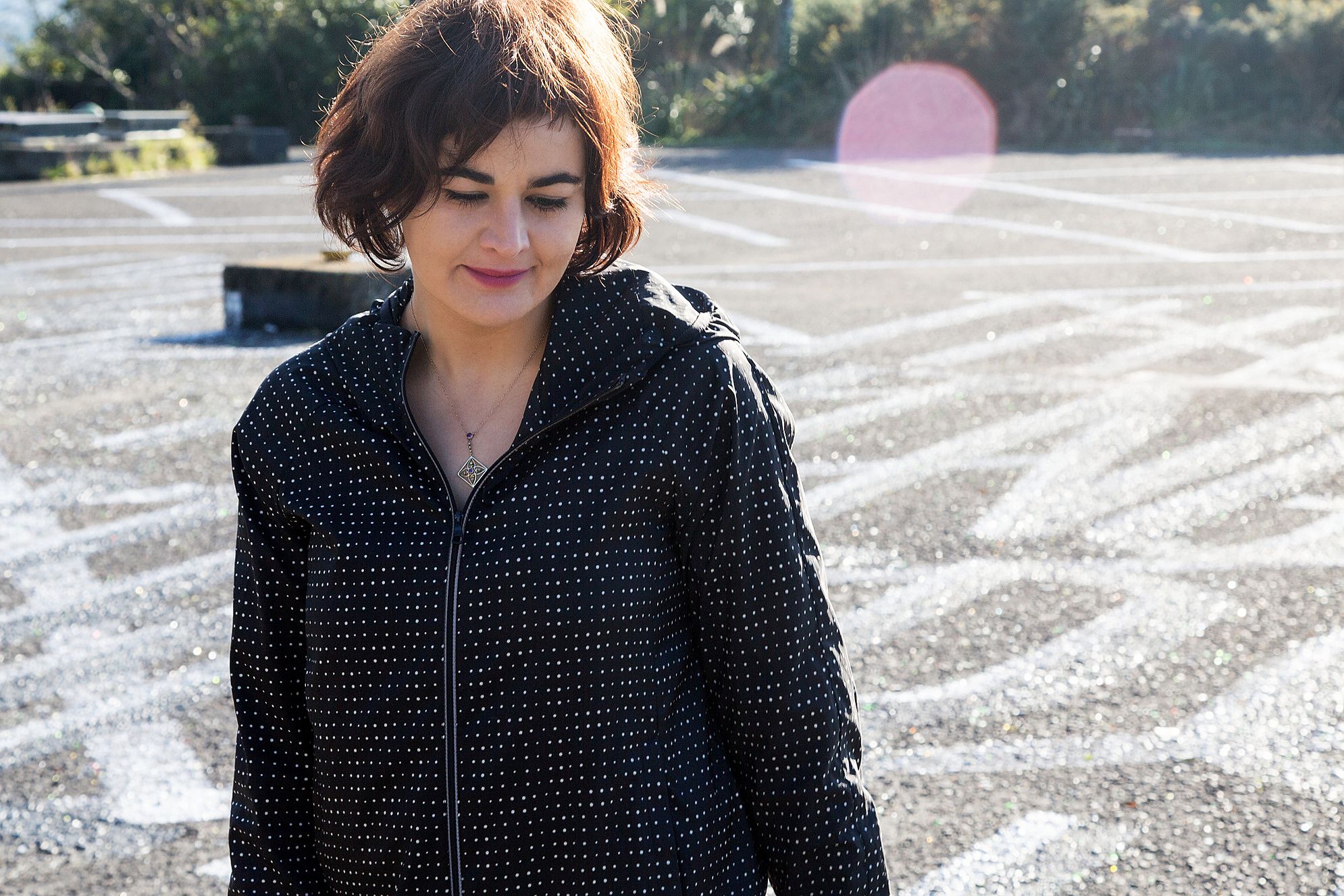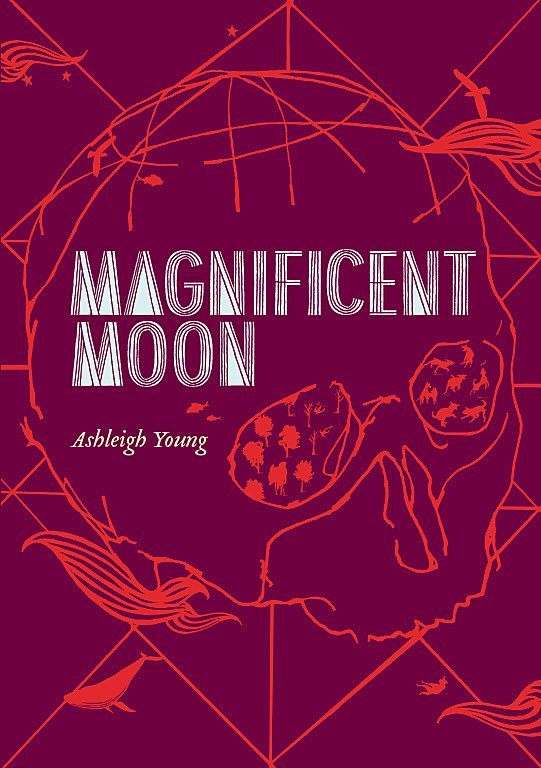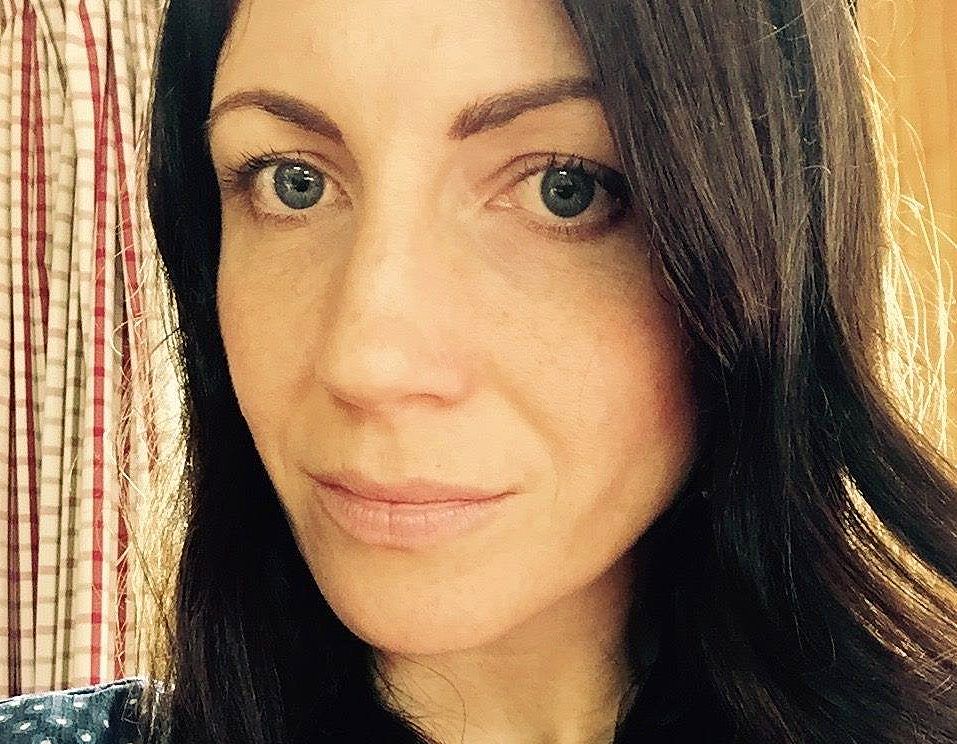A New Pair of Bike Pants: A Conversation with Ashleigh Young on Winning a Windham-Campbell
Poet and essayist Ashleigh Young has been announced as a recipient of the Windham-Campbell Prize worth US$165,000. To celebrate, she's going to buy a new pair of bike pants.
Poet and essayist Ashleigh Young has won the Windham-Campbell Prize for non-fiction. Based at Yale and established in 2013, the prize awards eight writers US$165,000 each and is one of the richest literary prizes in the world. For the first time this year, the prize has included poets alongside fiction, non-fiction, and drama.
English language writers from anywhere in the world are eligible, and prize recipients are nominated confidentially by 'nominators' who are chosen for their expertise. Each nominator makes two nominations, and then the prize is judged anonymously by a three-person jury. Sarah Jane Barnett caught up with Ashleigh Young just before the prize was announced.
Sarah Jane Barnett: Huge congratulations on being one of eight recipients of the Windham-Campbell Prize. I have just been literally jumping up and down in my living room with excitement. How did you find out about the prize? Did they tell you what piece of work was submitted?
Ashleigh Young: I got a funny-looking email last Thursday. It said, ‘We have some great news for you. It is important that we speak with you right away.’ Which – I mean, that’s spam, isn’t it? Fergus Barrowman (my boss [and the publisher at Victoria University Press]) persuaded me to call the number. And Fergus is always right. So I did, still quite dubious, but while I was waiting for someone to pick up I was clicking on the links contained in this guy’s email signature. And suddenly I was looking at pictures of Helen Garner and Teju Cole. They were supposedly previous recipients of this prize (and I’d never heard of the prize, which really embarrasses me now).
I left a message and a man named Michael Kelleher – who turned out to be the director of these prizes – rang me back a few moments later. By this time all of my workmates had gathered around my desk. Michael Kelleher said they’d all been reading my book and that, well, I am actually still having trouble typing this, that they wanted to award me this prize for $165,000, US dollars. By this time my knees were not just wobbling but actually, like, convulsing. Like each one had a little jackhammer inside it. Michael put me on speaker-phone and I put him on speakerphone and suddenly everyone was screaming. There were all these judges in the room with him. It was the most surreal day of my life. I’m breaking out in a sweat right now just thinking about it.
You must be in a state of shock. How has the world seemed to you since you found out? What do you think the prize will mean to you in terms of supporting your writing?
AY: I had this physical sensation of this low-level fear lifting away from me. I’ve always worried about the future and if I’ll be alright in it. I worry about money a lot, and all the rest. I’m one of those early-hours-of-the-morning-worriers. That fear has gone away. And so suddenly the world is immensely bright and it just feels more possible to me, if that makes any sense.
In terms of supporting my writing, the first thing is that it’s a massively profound boost in my confidence and faith that this is the right thing to do with my life – to write. And secondly it means I will be able to, sometime in the future, take a bit of time to do that, without scrambling to fit it in around the other things I do. I will always work because I really love my job, and it’s such a privilege to do it. And I really love my life. I don’t want it to change radically. Imagine if I went off and started driving around in an MX-5. It just wouldn’t be right. I know nothing about cars.
In September, you and the other recipients will take part in the Windham-Campbell Festival at Yale. This will be an amazing way to introduce your work to new audiences, but I also know that you’re a private person. How do you feel about being in the limelight? Are you bracing yourself?
AY: I can’t brace myself yet because following the news, I am still, technically, made of jelly. But yes, surely my bodily self will re-form soon and I will be capable of bracing myself again. I suppose I’ll deal with it the only way anyone in this sort of situation would deal with it – to put on a sort of armour. And to try not to drink too much and disgrace New Zealand. I actually can’t imagine what it will be like to be in Yale. My friend and the brilliant writer Adam Dudding said to me: "It'll be great, except when it isn't, and even then it'll be great again shortly thereafter.” Which is exactly right about all sorts of things in life, maybe.
The keynote speaker at Yale is going to be Karl Ove Knausgaard. I’m going to meet Knausgaard! He’s going to be so delighted at all my requests for selfies together.
We've seen New Zealand women writers gaining international acclaim in recent years, first with Eleanor Catton winning the Man Booker, and then Anna Smaill being longlisted for the Man Booker. And now your amazing win of the Windham-Campbell Prize! Any idea what's happening?
AY: Yes and Hera Lindsay Bird! It has been phenomenal. That sort of success has been such a buzz, and I do think that each time it happens, it creates these little wavelets among writers, of a new awareness of possibility, of assurance that these ambitions belong in this world. I don’t have any particular theories as to why this is happening right now, but I feel like we’re seeing this burgeoning of confidence, of risk-taking, of conviction. Or, perhaps more likely that it’s always been there, and we’re seeing people taking more risks in the ways they listen and read. Maybe we’re all going on our nerve a bit more. Like Frank O'Hara always said to do. Always listen to Frank.
Writers can have a hard time making ends meet. It makes us a pretty frugal bunch. So tell us, what wonderfully frivolous thing are you going to buy yourself (so we can live vicariously through you)?
AY: A reporter asked me that just before. I was umming and ahhing and she suggested I buy a new pair of bike pants. I don’t know if she’d seen me out in my current pair of bike pants and thought, ‘She needs new bike pants’ but: What a great idea!! I’ll buy some new bike pants! The other mildly frivolous thing I would like to get is some New Zealand art to go on my wall – maybe something by Kerry Ann Lee, a Wellington artist whose stuff I really love. But, I don’t receive the prize money until September, at the ceremony in Yale, so I’ll have to be my same old sensible self until then.
For more Ashleigh Young on The Pantograph Punch see: Hera Lindsay Bird's interview with Ashleigh Young before the launch of Young's debut collection; three poems from Magnificent Moon; and Ashleigh Young in conversation with poet Joan Fleming.
The 2017 Windham-Campbell Prize recipients are: in fiction, André Alexis and Erna Brodber; in nonfiction, Maya Jasanoff and Ashleigh Young; in poetry, Ali Cobby Eckermann and Carolyn Forché; and in drama, Marina Carr and Ike Holter. Find out more about the Windham-Campbell Prizes.
Feature image of Ashleigh Young by Russell Kleyn.



